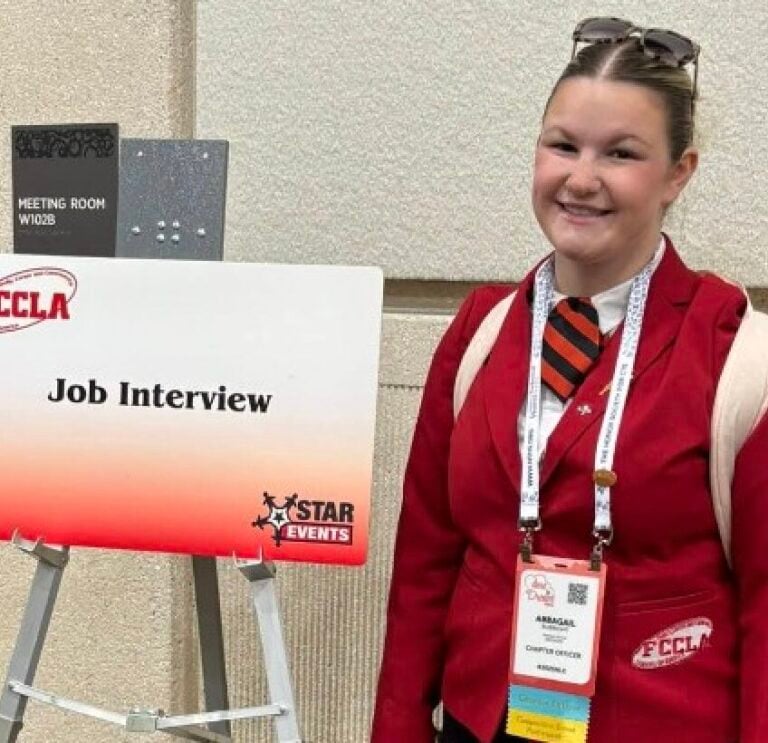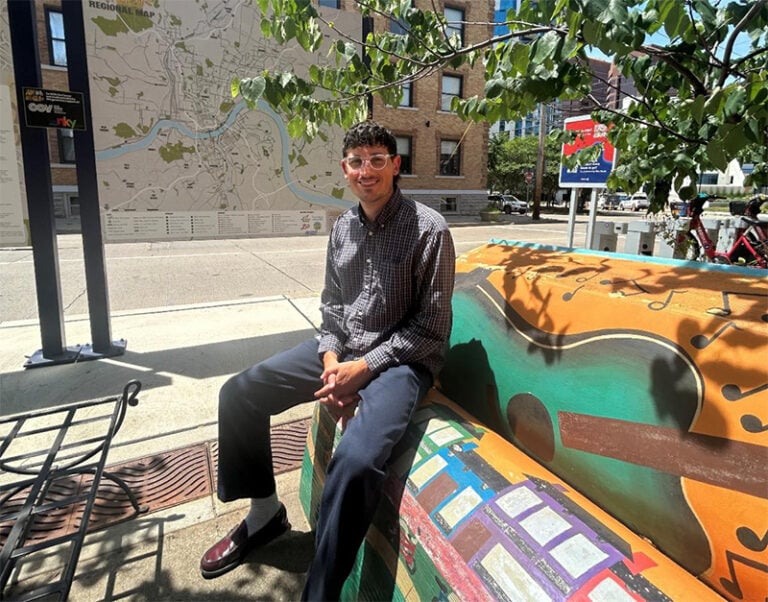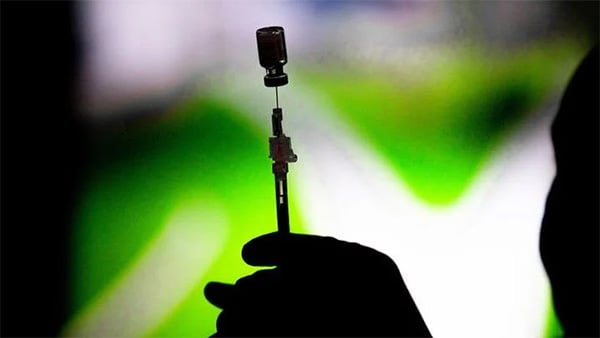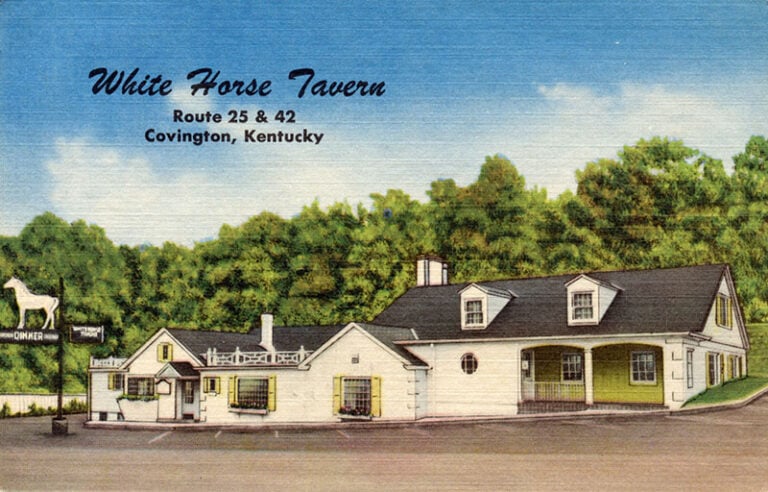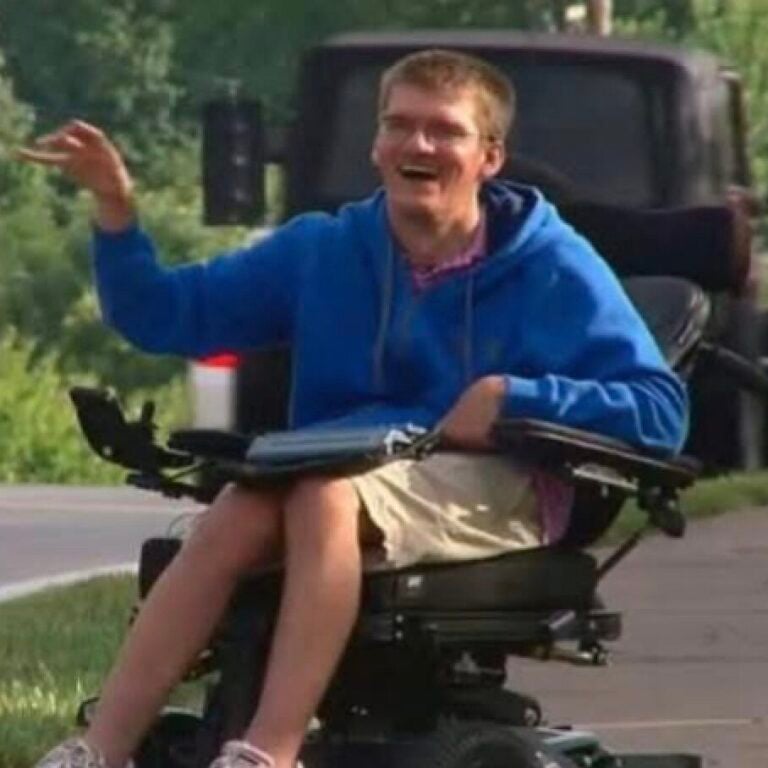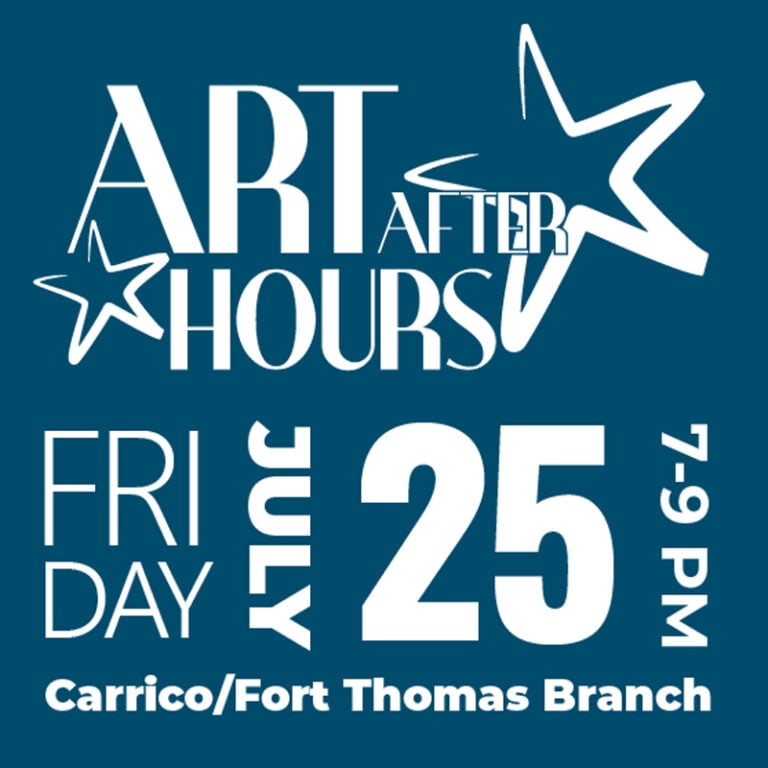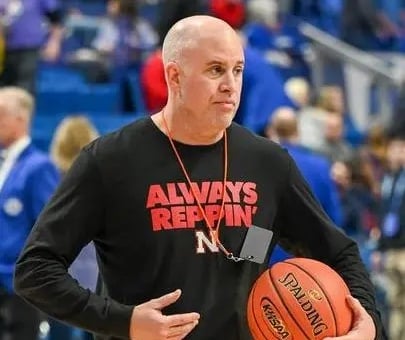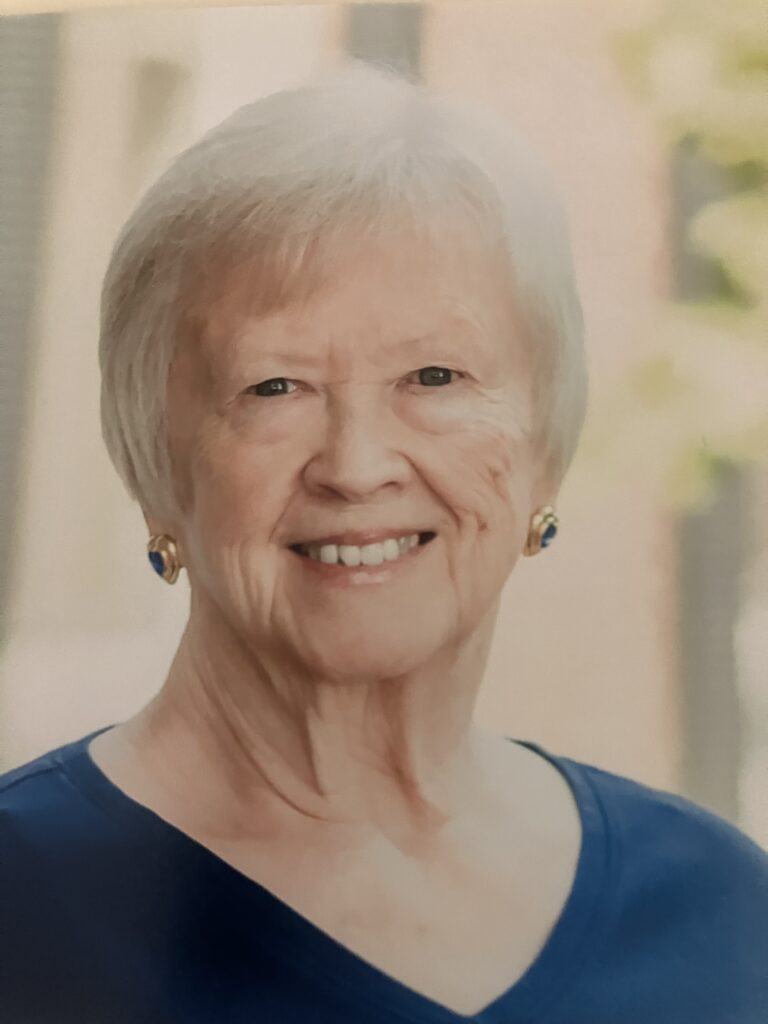A sweet burst of sweater weather in late November meant that we were allowed to leave the lunchroom to walk outside after lunch. There might have been only ten or fifteen minutes before sixth period began, enough time to chat about plans for the upcoming weekend. We thought we were were cool, looking forward to the annual homecoming football game against Metuchen’s perennial rival, Highland Park.
When the bell rang, I was on my way to U.S. History with Mr. Abrahamson. He was a well-respected teacher and scholar, a graduate of the Boston Latin School and Harvard University. We treated him with the deference he deserved, but behind his back, we called him “The Brow,” because of the single eyebrow that straggled over his dark eyes like a hairy awning.

He was never late to class, so when he didn’t show up on time, we enjoyed the novelty and quietly continued lunchtime conversations. Once five minutes stretched to ten, we wondered what could have delayed him.
When he finally rushed into the room, his necktie flying over his shoulder, he looked grim. Hurriedly, he reported that the teachers had been watching television at lunchtime when daily programming was interrupted by a bulletin. President Kennedy had been shot in Dallas.
Mr. Abrahamson had been so absorbed in the unfolding story, he lost track of time. He told us what he knew and went back downstairs, promising to return as soon as more information was available.
After that, we sat in silence, shifting in our desks, paging absently through the textbook or doodling nonsensically in our notes. The boy sitting next to me fooled with a rubber band and a paper clip, nervously aiming at one target after another without ever launching the missile. I wanted to tell him to stop but was afraid I would burst into tears if I tried to speak.
Around 2:05, the principal came on the loudspeaker to announce that President Kennedy had died. The whole school seemed to take a deep breath, as if to swallow the collective lump in our throats.
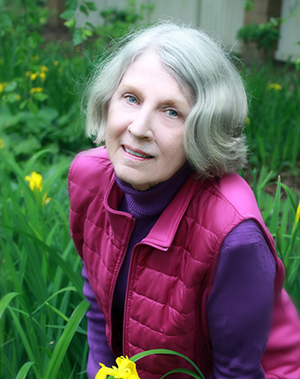
We were raised on Eisenhower, a bland, grandfatherly golfer with a frumpy wife. Kennedy was young, with a spring in his step and a great smile. We loved him. He really was cool. A war hero and a prize-winning writer, he played touch football and invited a poet to speak at his inauguration.
Kennedy inspired us, made us believe it was possible for someone with vitality — and even sex appeal — could be president.
We quoted his inaugural address, admired his stylish young wife, cooed over their two adorable kids. In gym class, we ran laps, did sit-ups and pushups, as part of the President’s Physical Fitness Program. We followed his activities on television and in the newspapers and felt proud of being American when he traveled abroad and announced, “Ich bin ein Berliner.”
In response, the crowds chanted, “Kennedy, Kennedy, Kennedy.”
It was impossible to imagine him dead, the target of an assassin.
At home, the usual rule was no television until after dinner, but my mother let me turn on the TV when I got home from school. In the next four days, we witnessed the murder of Lee Harvey Oswald on live TV and observed all the TV coverage leading up to the funeral and burial.
Watching non-stop at home, I saw the same footage again and again, wishing somehow that the reel could be re-wound and so everything might revert to the way it had been before shots were fired in Dallas.
Wednesday, November 22, marks the 60th anniversary of the Kennedy assassination, but the events are still vivid in my memory. Admittedly, I was such an immature teenager I was disappointed that the annual homecoming game, and all related rituals, were postponed in the face of national tragedy. For weeks after the funeral, all festivities were subdued. Even Santa lost his twinkle.

Still, I get a lump in my throat when I see the familiar scenes of Mrs. Kennedy and the children, John’s sweet salute to his father, and the rider-less horse, appropriately defiant and frisky. Since then, we have learned, time and time again, our heroes are not infallible. Were JFK president today, his administration would likely have faltered under the weight of his reckless indiscretions or the lame duck service that often accompanies a president’s second term.
Nevertheless, while the man was flawed, his era was a time of hope and pride for young people in particular, national resources in short supply these days.
As I write this, news of Rosalynn Carter’s death was announced. She succumbed at 96. Her husband, former President Jimmy Carter, 99, survives. The Carter administration was criticized for a variety of missteps and some international situations beyond its control. Once out of the White House, the former president and his wife set an example of loyalty to each other and dedication to the humanitarian programs of the Carter Center.
“Waging peace, fighting disease, building hope” are the compassionate cornerstones of the Center, values to be celebrated in Thanksgiving prayers.








